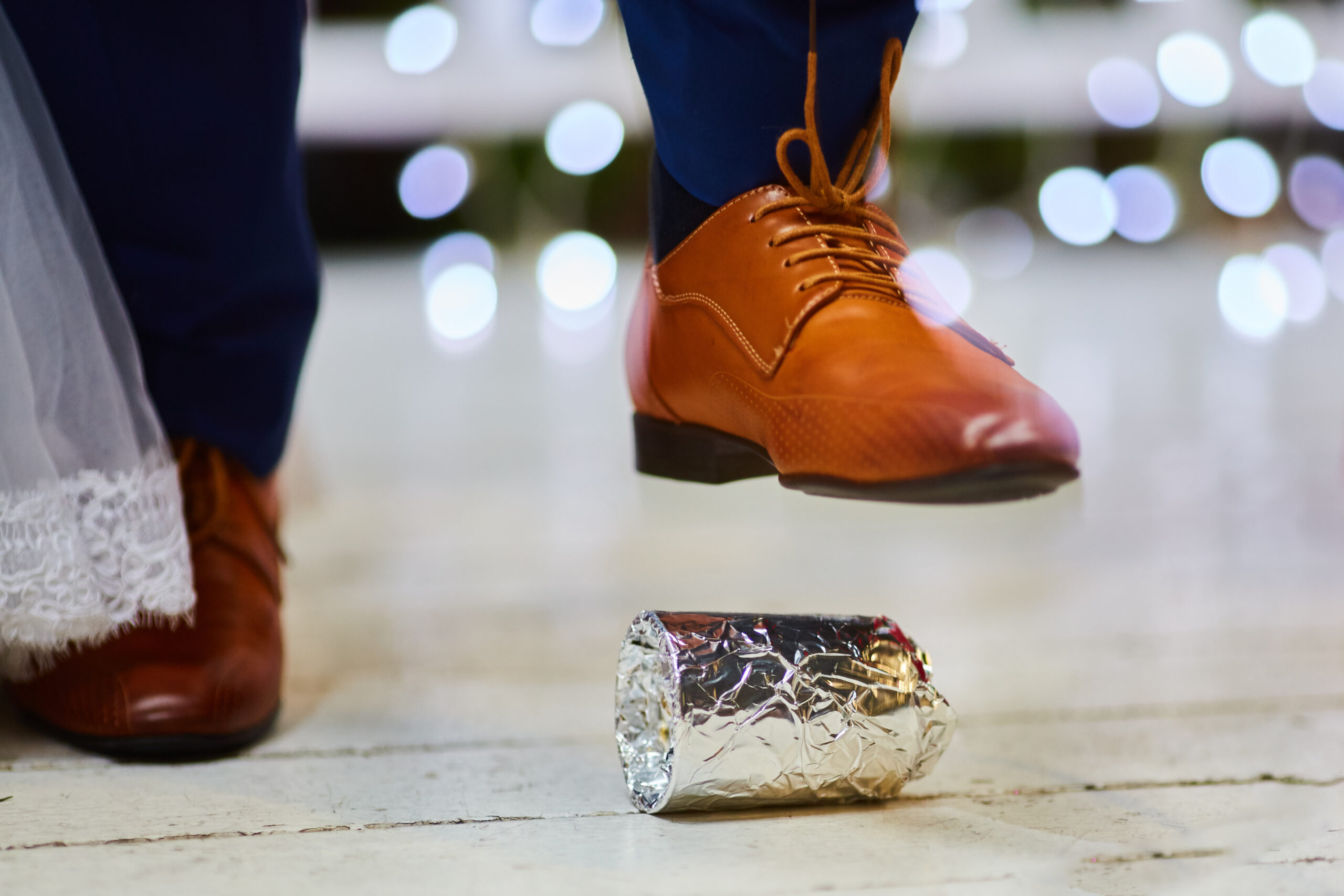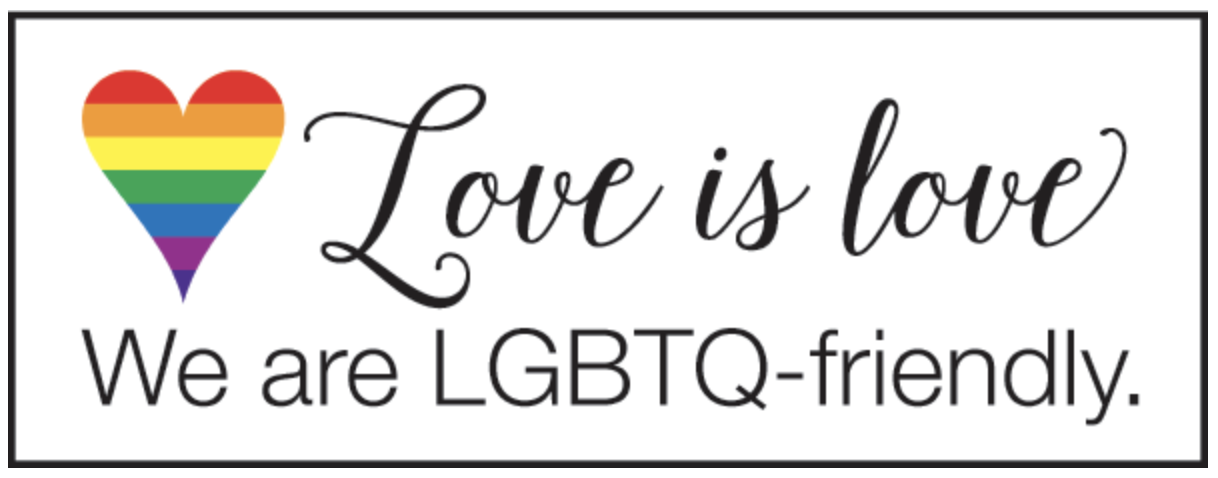Jewish Wedding Tradition FAQs
Just like many other wedding traditions, Jewish wedding traditions can vary by family, location or personal preference. If you are not Jewish but are marrying someone who is Jewish, are part of the wedding party for a Jewish ceremony or if you will be attending a Jewish wedding, you probably have some questions about Jewish weddings. Here are 8 frequently asked questions about Jewish wedding traditions.
8 Jewish Wedding FAQs
Every Jewish wedding is not the same, as many bridal couples personalize the ceremony to reflect their relationship and their personalities. Here are some of the most commonly asked questions about Jewish weddings.
- Why Do They Toss Candy At The Groom?
On the Shabbat (a weekly Jewish religious service on the Saturday day of rest) before or after the wedding (depending on the community), Jewish couples may host an aufruf, when the groom is “called up” for a special blessing. The rabbi blesses the couple, and the congregation tosses candy, nuts and raisins at the groom to celebrate their union.
Modern couples may celebrate the aufruf on a Monday or Thursday or Friday before the wedding, and may include the bride in the candy toss. Some aufrufs turn into a bachelor party type event, with out of town guests and partying.
- What Is The Wedding Contract?
The ketubah is a symbolic Jewish law marriage contract that states how the bride and couple will treat each other during their marriage, and what will happen if they choose to divorce. It is signed by the couple and two witnesses before the ceremony begins and is read out loud to the guests during the wedding ceremony.
The ketubah is similar to a prenuptial agreement – except that a prenuptial agreement is legally binding, and the ketubah is not recognized by divorce courts.
- What Is The Jewish Wedding Altar?
A chuppah is a canopy that symbolizes God’s presence and the creating of a new Jewish home during the wedding ceremony. Traditionally, both of the groom’s parents walk him down the aisle to the chuppah, followed by the bride and both of her parents. At some weddings, the parents will remain under the chuppah with the bridal couple during the ceremony. A chuppah has four corners held up by four poles, and often features a family prayer shawl to cover the couple’s heads and represent a shared Jewish life. Other fabrics and materials can be used to create the chuppah and can incorporate a non-Jewish bride or groom’s heritage.
- Do Guests Have To Wear A Yarmulka?
At many Jewish weddings, male guests will be asked to wear a yarmulka, a small round skull cap that Jewish men wear to cover their head during prayer. Non-Jewish male wedding guests are asked to wear a yarmulka as a sign of respect. Women are traditionally requested to cover their shoulders during the wedding ceremony.
At religious, Orthodox Jewish weddings, men and women may sit on separate sides of the ceremony, often separated by a partition.
- How Long Is A Jewish Wedding Ceremony?
A Jewish wedding is typically 30-60 minutes, but can vary considerably based on how the bridal couple chooses to personalize their wedding.
- Why Does The Groom Break a Glass?
At the end of the wedding ceremony, the groom (and sometimes the bride!) steps on and breaks a glass wrapped inside a cloth under the chuppah. The shattered glass represents a moment of reflecting the past, and the couple’s resolve to stay together in good times and in bad.
Often pieces of the glass are saved by the couple with their wedding souvenirs.
- What Does Mazel Tov Mean?
At the end of a Jewish wedding ceremony, all guests call out, Mazel Tov! to the bridal couple, a Yiddish phrase that translates to good fortune. It’s similar to saying
- What Is The Hora Dance?
At the wedding reception, the guests dance around the bride (and sometimes the groom!) in a circle called a hora. The bride and groom are seated on chairs that are lifted high above the guests’ heads.
At religious, Orthodox weddings, men and women dance the hora separately.
These are just a few of the many wonderful Jewish wedding traditions. The bridal couple may choose to incorporate many religious traditions, or just an important few, depending on whether they are religious – and if both the bride and groom are Jewish. Often a couple works with their rabbi and family members to determine which traditions are important to them that they want to include on their special day.
Are you planning a Jewish wedding?
An experienced wedding planner is your secret weapon to honor Jewish wedding traditions. Designing a wedding that respects and follows religious customs, while also reflecting the personality of the bride and groom, is hard work, takes a lot of time and can be very stressful. Whether you need to hire a full-service, start to finish planner to see to every detail of your wedding, or you need a planner to oversee certain aspects of your event, an experienced wedding planner can save you time, money and stress! See 10 Reasons You Should Hire A Wedding Planner










